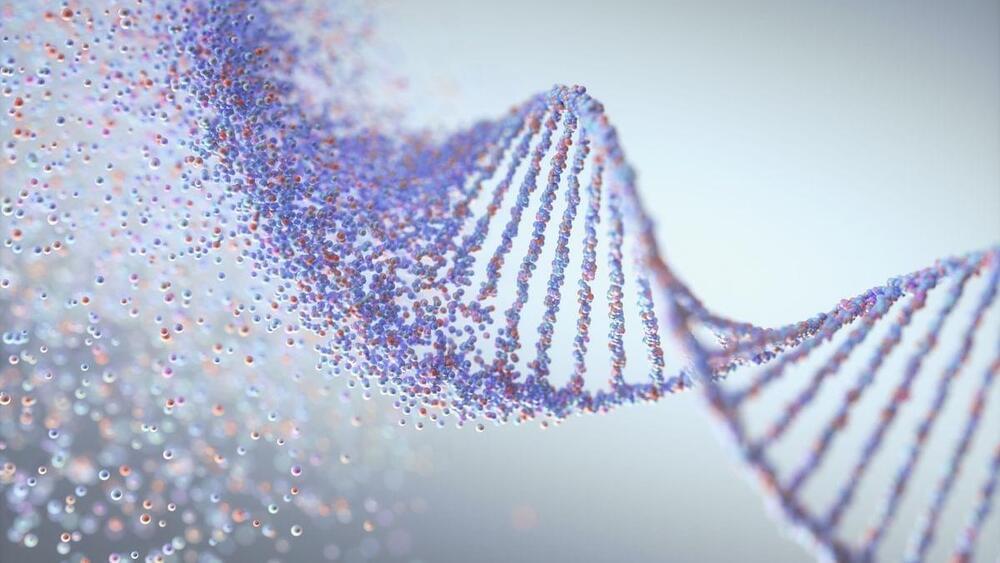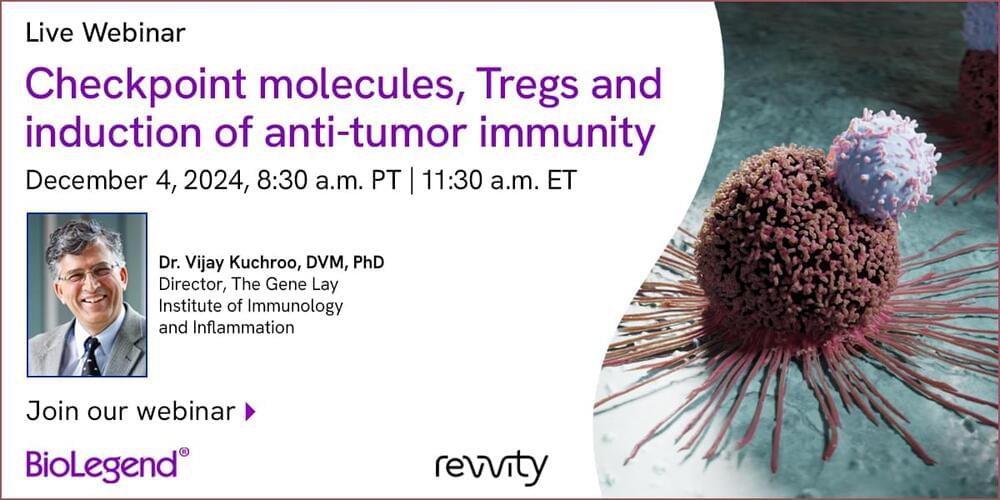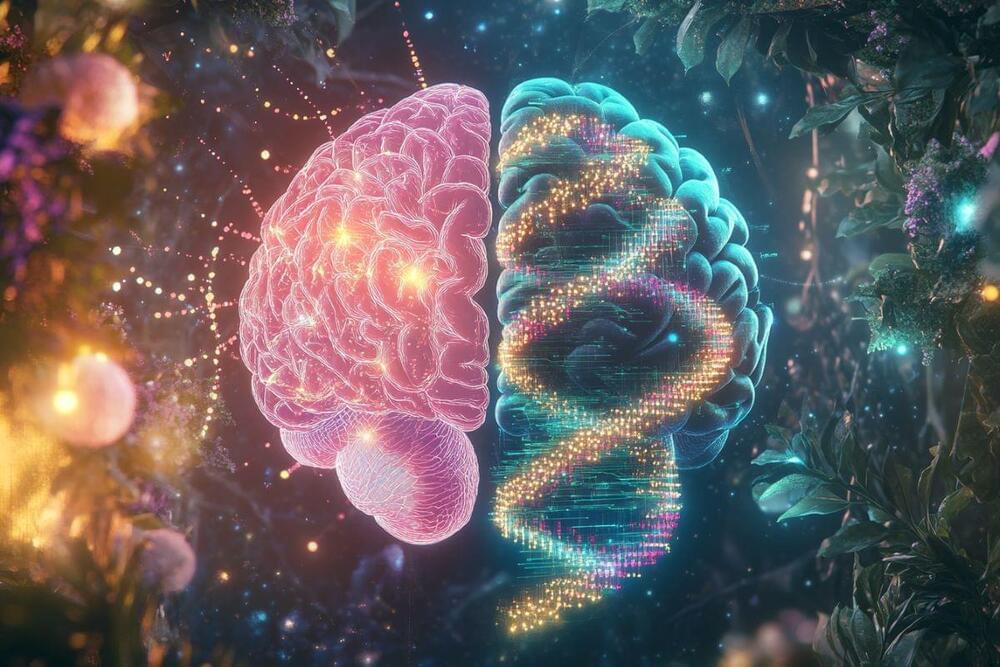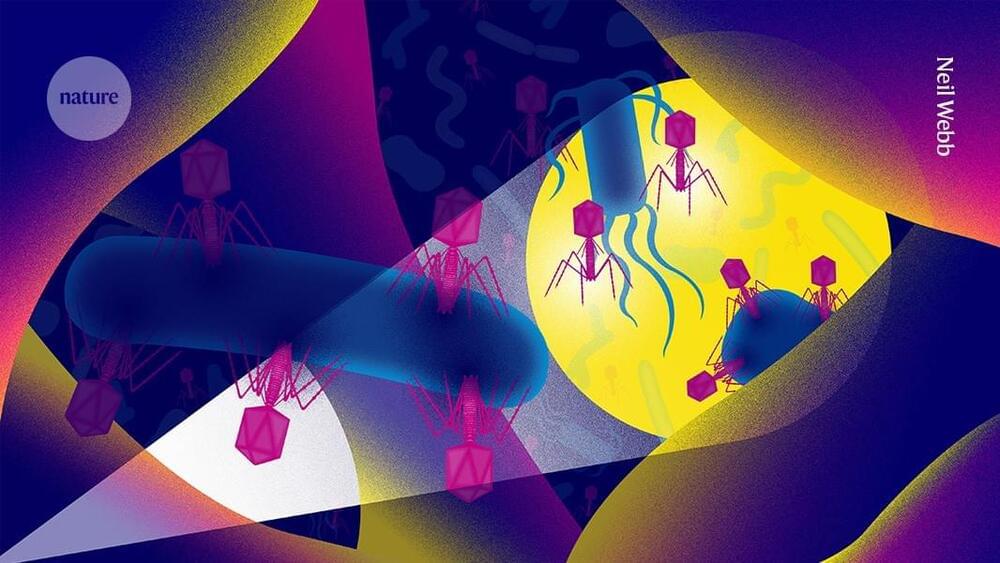Learn all about the difference between regular pneumonia and walking pneumonia in kids and when to take your child to the doctor.




Expression of co-inhibitory receptors or “checkpoint” molecules, such as CTLA-4 and PD-1, on effector T cells is a key mechanism for ensuring immune homeostasis. Dysregulated expression of co-inhibitory receptors on CD4+ T cells promotes autoimmunity while sustained overexpression on CD8+ T cells promotes T cell dysfunction or exhaustion, leading to impaired ability to clear chronic viral infections and cancer. Immune checkpoint blockade (ICB) treatment by blocking CTLA-4 and PD-1 has revolutionized cancer therapies, yet current ICB response rates are still relatively low. This suggests the need to discover novel checkpoint molecules and cell types where checkpoint molecules may be exerting additional or differential effects. We and others have discovered additional checkpoint molecules, including Tim-3, Lag-3, and TIGIT. Using RNA and protein expression profiling at single-cell resolution, we discovered that the checkpoint molecules are expressed as a module that is co-expressed and co-regulated on CD8+ T cells, where they cooperatively induce T cell dysfunction. The same module of checkpoint molecules is also expressed on FoxP3+ Tregs, but their role in regulating immunity and anti-tumor immunity has not been fully appreciated. We have conditionally deleted checkpoint molecules on various cell types including Foxp3+ Tregs and studied their role in regulating autoimmunity, tumor growth, and anti-tumor immunity. Studies with a number of the co-inhibitory molecules on effector T cells, Tregs, and dendritic cells in regulating anti-tumor immunity will be discussed.
Learning Objectives

Join us on Patreon! https://www.patreon.com/MichaelLustgartenPhDDiscount Links/Affiliates: Blood testing (where I get my labs): https://www.ultalabtests.com/…

The Expedition 72 crew studied micro-algae and DNA-like nanomaterials on Tuesday to improve health in space and on Earth. The orbital residents also worked on cargo transfers and lab maintenance aboard the International Space Station.
NASA Flight Engineer Nick Hague began his day processing radiation-resistant samples of Arthrospira C micro-algae and stowing them in an incubator for analysis. The samples will be exposed to different light intensities to observe how they affect the micro-algae’s cell growth and oxygen production. Results may advance the development of spacecraft life support systems and fresh food production in space.
Afterward, Hague joined Commander Suni Williams of NASA for a different research session mixing water with samples of messenger RNA, or mRNA, and protein to create DNA-like nanomaterial products inside the Kibo laboratory module’s Life Science Glovebox. Flight Engineer Butch Wilmore then transferred the samples, exposed them to ultrasonic waves, and imaged them with a spectrophotometer to measure the intensity of light at different wavelengths and evaluate the quality of the nanomaterials. The samples will also be returned to Earth for further evaluation. Results may lead to improved therapies for Earth and space health conditions as well as advance the space economy.

Summary: A new AI algorithm inspired by the genome’s ability to compress vast information offers insights into brain function and potential tech applications. Researchers found that this algorithm performs tasks like image recognition and video games almost as effectively as fully trained AI networks.
By mimicking how genomes encode complex behaviors with limited data, the model highlights the evolutionary advantage of efficient information compression. The findings suggest new pathways for developing advanced, lightweight AI systems capable of running on smaller devices like smartphones.

Stem cells grown in microgravity aboard the International Space Station (ISS) have unique qualities that could one day help accelerate new biotherapies and heal complex disease, two Mayo Clinic researchers say. The research analysis by Fay Abdul Ghani and Abba Zubair, M.D., Ph.D., published in NPJ Microgravity, finds microgravity can strengthen the regenerative potential of cells. Dr. Zubair is a laboratory medicine expert and medical director for the Center for Regenerative Biotherapeutics at Mayo Clinic in Florida. Abdul Ghani is a Mayo Clinic research technologist. Microgravity is weightlessness or near-zero gravity.
“Studying stem cells in space has uncovered cell mechanisms that would otherwise be undetected or unknown within the presence of normal gravity,” says Dr. Zubair. “That discovery indicates a broader scientific value to this research, including potential clinical applications.”
Dr. Zubair has launched stem cell experiments from his lab on three different missions to the ISS. His review paper provides data on the scientific question, “Is space the ideal environment for growing large numbers of stem cells?” Another key concern is whether cells grown in space could maintain their strength and function after splashdown on Earth.

“Life is incredible.” Here’s how a brain implant changed the life of Jon Nelson, who long suffered from severe depression. Now a patient advocate for startup Motif, he spoke to Emily Chang about the hope of using neurotech to treat mental illnesses.
——-
Like this video? Subscribe: https://www.youtube.com/Bloomberg?sub_confirmation=1
Get unlimited access to Bloomberg.com for $1.99/month for the first 3 months: https://www.bloomberg.com/subscriptions?in_source=YoutubeOriginals.
Bloomberg Originals offers bold takes for curious minds on today’s biggest topics. Hosted by experts covering stories you haven’t seen and viewpoints you haven’t heard, you’ll discover cinematic, data-led shows that investigate the intersection of business and culture. Exploring every angle of climate change, technology, finance, sports and beyond, Bloomberg Originals is business as you’ve never seen it.
Subscribe for business news, but not as you’ve known it: exclusive interviews, fascinating profiles, data-driven analysis, and the latest in tech innovation from around the world.
Visit our partner channel Bloomberg Quicktake for global news and insight in an instant.